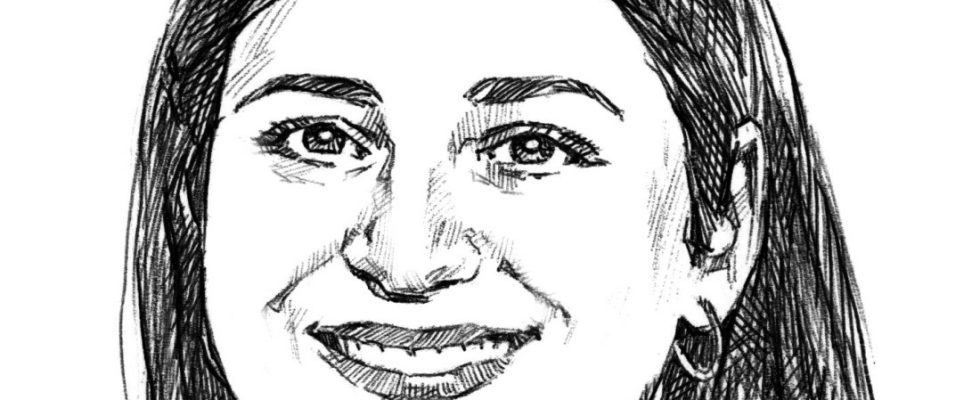The longer I live in Munich, the more everyday and cultural traditions from here rub off on my family’s life. From the pretzel for breakfast and the bicycle as my favorite means of transport to mountain hikes, I’m adopting more and more typical German customs. Easter is no exception.
Last year it was a big surprise for my daughter when the Easter Bunny came. This year she has already been waiting for him, knowing that he hides chocolate eggs. After all, that was a big topic in kindergarten. This Easter figure did not exist in our previous life in Ukraine.
Easter lasted quite a long time for my daughter this year, namely two weeks. She celebrated both Easter festivals, the German one with an Easter bunny, an egg hunt and handicraft workshops. And then the Ukrainian with the traditional Easter bread (paska). Because she’s still a child, of course she didn’t question it. She definitely believes: the longer it takes, the better. But I have the feeling that the cultures in her worldview are mixing quite a bit and that I should try to make the culture of our homeland more present in Ewa’s life again.
We simply celebrated our Easter. My cousin baked the Easter bread and blessed it in the church. We ticked Easter eggs and ate Ukrainian salads. The salads are wonderfully unhealthy, with a lot of mayonnaise, which of course is not prepared very often. But they were very tasty and tasted like home. The most important thing is that we were able to celebrate with the family, although of course not all family members were with us.
But when I ate a piece of Easter bread with tea, I couldn’t swallow the guilt that swept over me. So many people in the trenches defend my right to celebrate Easter, and they often pay the ultimate price for it. The father of a colleague died at the front around Easter. In civilian life he was a historian and teacher. However, many Ukrainians also live in areas that are still constantly being bombed. Some civilians were killed on the way to Easter mass. It was a black Easter for many I know.
Although more and more Ukrainian refugees are now increasingly integrating into German life and culture, it is extremely important to stop evil. Otherwise there is a great risk that millions of Ukrainians will be stuck between two Easter celebrations for several years.
Emiliia Dieniezhna, 34, fled from Kiev to Pullach near Munich with her then four-year-old daughter Ewa. She works voluntarily for the non-governmental organization NAKO, which aims to fight corruption in Ukraine. She also teaches German to Ukrainian refugee children. Once a week she writes a column for the SZ about her view from Munich on the events in her home country.

